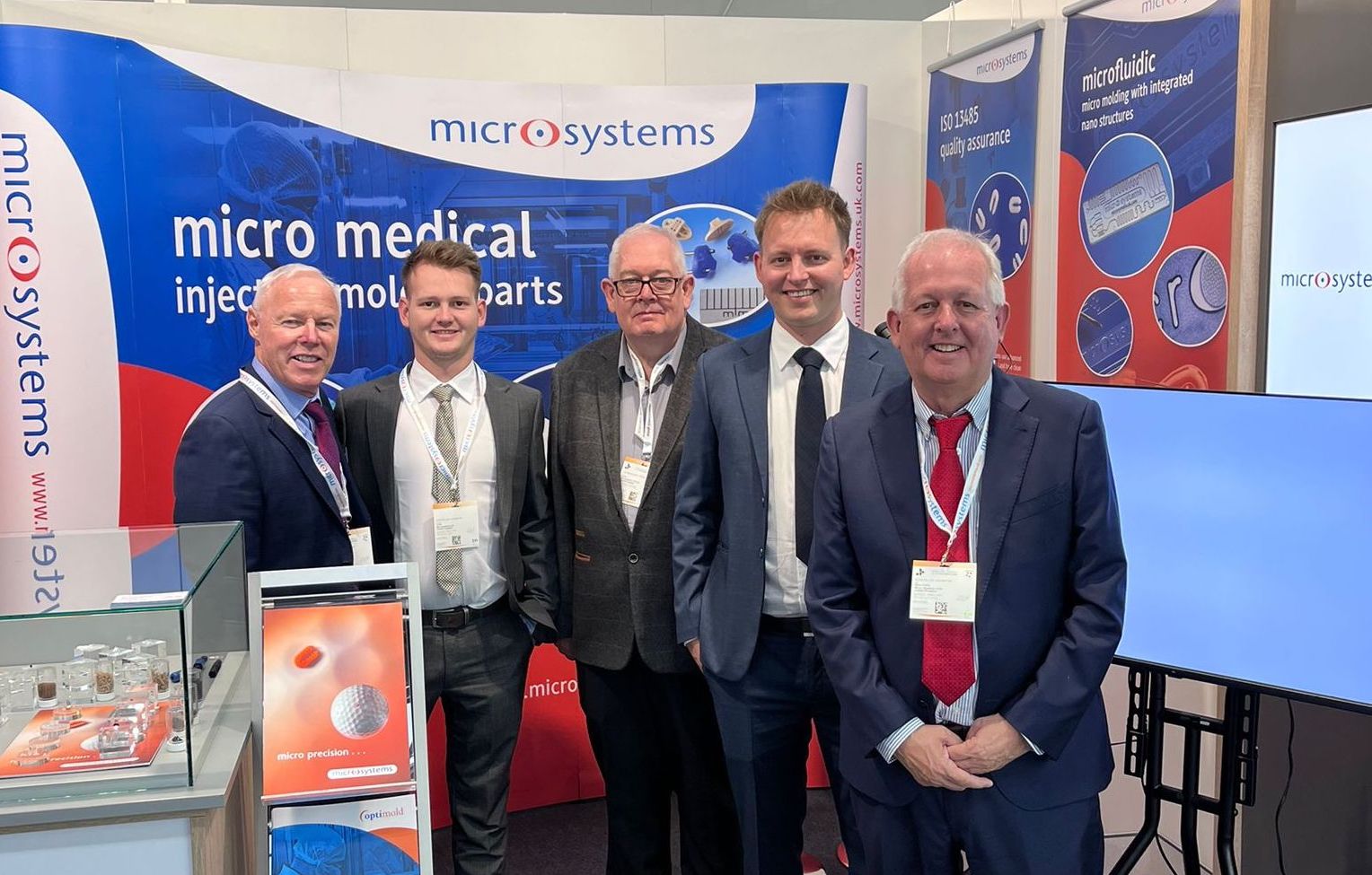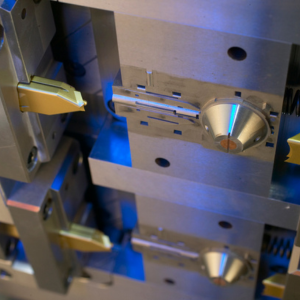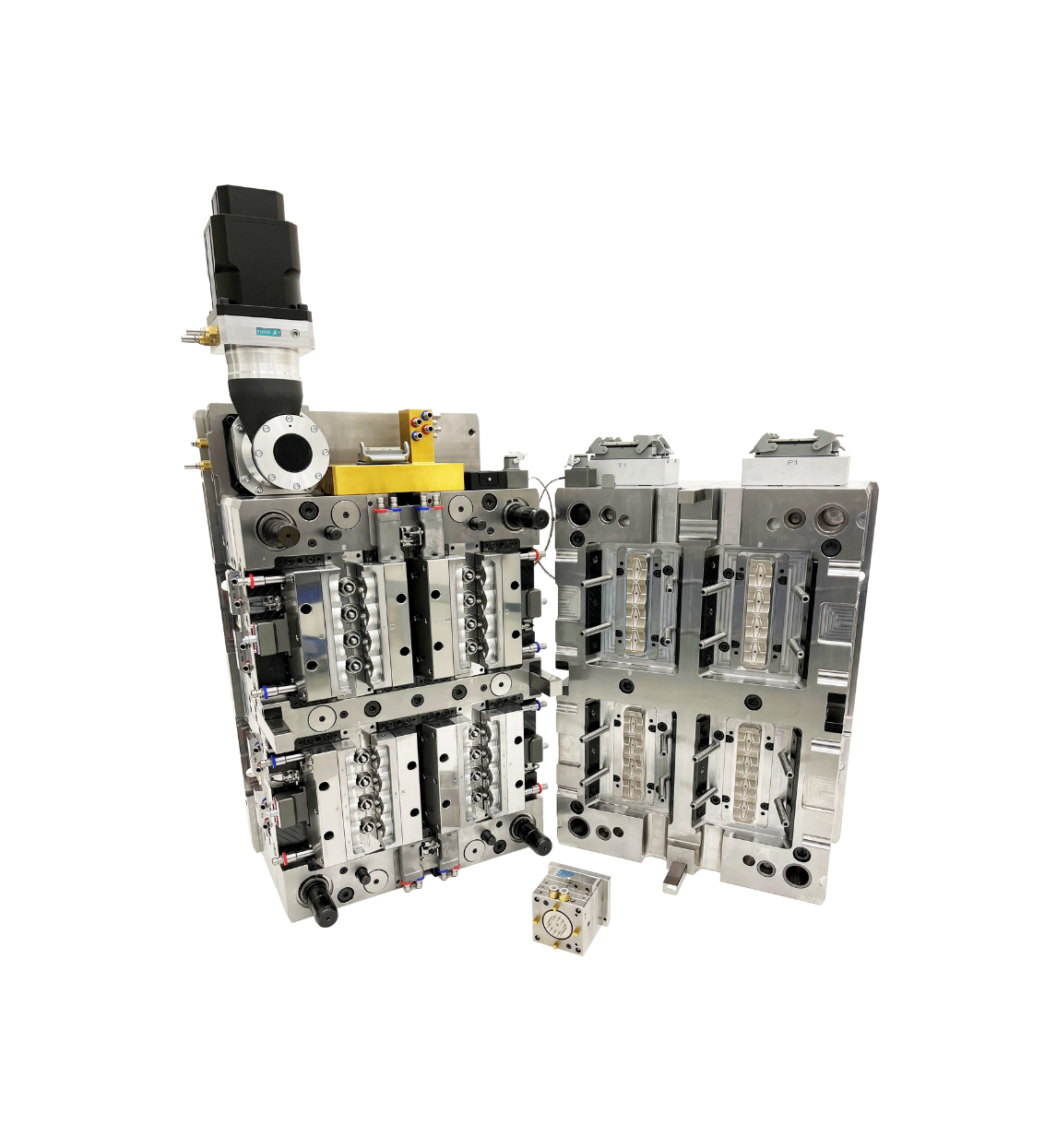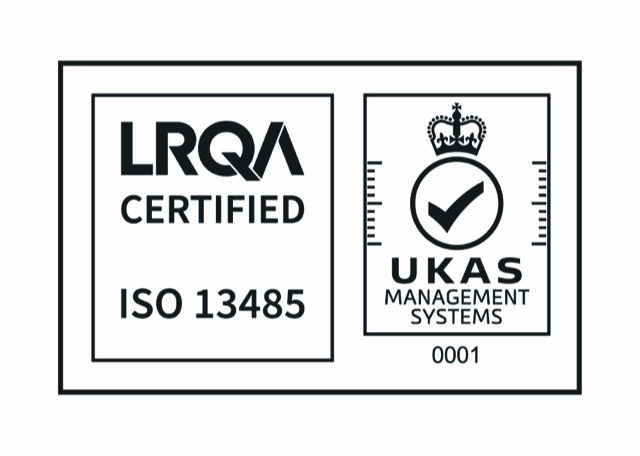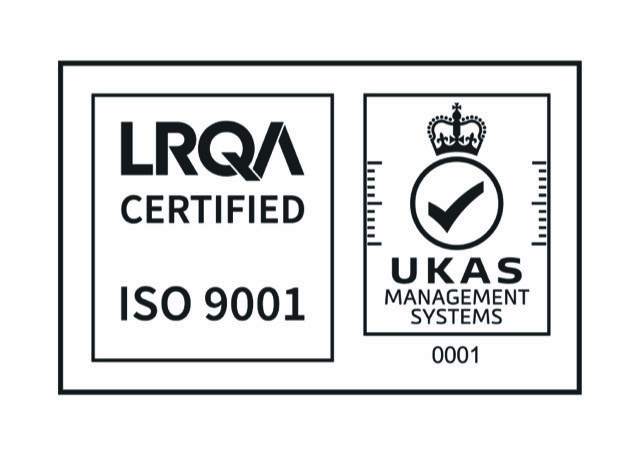MedTech in Germany
With the coming COMPAMED 2023 coming in less than a month, Germany is once again showing its reputation as one of the largest medical technology hubs in Europe and all over the world.
Healthcare and Medical Technology in Germany
Germany is by far the largest MedTech market in Europe, twice the size of the French market and three times larger than that of Italy, the United Kingdom, and Spain. It is also the third-largest medical technology market in the world, after the United States and Japan. One of the most profitable healthcare sectors in the world, the German medical device industry generates around USD 35.8 billion in revenue yearly, or 25.6% of the whole European market (International Trade Administration).
Germany boasts a robust healthcare system, particularly in terms of hospital beds, infrastructure, and skilled personnel. In Germany, the healthcare industry employs one in six people and contributes EUR 678.2 billion (USD 798 billion), or around 12% of the country’s GDP. About 1,200 manufacturers in Germany employ about 130,500 people. Similar to a large portion of German industry, small and medium-sized businesses (SMEs) dominate the German MedTech market; for instance, 93% of MedTech companies in Germany employ less than 250 people. Thus, the fact that these medical technology cluster networks give SMEs access to a community that fosters growth, collaboration, and R&D sharing is another important aspect of them, which in turn fosters innovation and motivates the formation of new businesses to market it.
The healthcare/life sciences sector makes for 8.3 percent of Germany’s overall exports with EUR 131.2 billion (USD 154.4 billion) in sales abroad (BMWK). Fitch Solutions has estimated that the German medical equipment market would grow at a compound annual growth rate (CAGR) of 5.1% in euro terms and 6.8% in USD terms between 2020 and 2025. Germany is well-positioned to sell goods throughout Europe due to its central location; 41% of its medical technology exports go to EU members and the remaining 10% are to other European nations. A further 18% of exports are sent to Asia and North America.
Thanks to its top-notch research facilities, Germany has seen an increase in the scope and calibre of MedTech innovation. By providing substantial state-aided R&D financing in the form of grants, interest-free loans, and special cooperation programmes, Germany further promotes innovation. The digitisation of the health industry and the Hospital Future Act’s funding allocation to address the double-digit investment backlog in the hospital market are growth drivers. In order to modernise and digitise the German hospital system, this law was passed in October 2020 and provided EUR 3 billion (USD 3.5 billion) in federal money and an extra EUR 1.3 billion (USD 1.5 billion) in state funding. In addition to applying for government financing for several research initiatives, medical device businesses can also get funds from the Kreditanstalt für Wiederaufbau (KfW) to support their operations. Germany has implemented a number of clustering initiatives, including the go-cluster initiative and the European Cluster Excellence Initiative, which encourage businesses to locate themselves within one of the 100 innovation clusters throughout the nation in order to promote cooperation and innovation among manufacturers.
Photo: Micro Systems team at COMPAMED 2022.
Innovation in Medical Technology in Germany
One of the main drivers for the growth of MedTech in Germany is innovation. Germany has about 1,400 patent applications, which is more than twofold over the 2nd most innovative country in the EU, making Germany the leading MedTech patent applications at the European Patent Office (EPO) in 2021. Within all German industries, MedTech is the most innovative sector, with 15,321 patent applications at the EPO (Germany Trade and Invest).
In addition, as the number of Germans over 65 is expected to reach 24 million by 2035, accounting for one-third of the country’s total population, with those over 50 making up at least half, German digital health startups are now primarily focused on the “silver economy,” creating medical equipment that will enhance the lives of the country’s ageing population. In Germany, geriatric medicine is practised in almost 400 departments or institutions, and since 2003, pre-graduate medical education has been required to include instruction in the field of ageing and the aged. A lot of geriatric medical technology also focuses on devices that notify caretakers when their elderly patients want help.
COMPAMED 2023
Micro Systems is once again bringing its latest technology and experts in medical moulds and injection moulding to exhibit at Compamed 2023!
COMPAMED is one of the biggest international trade shows for the medical technology supply industry, held in Düsseldorf. For medical businesses, the trade show provides a wide array of premium medical technology parts, services, and manufacturing equipment. About 800 exhibitors showcase the most recent advancements in the following fields in the exhibition halls: components, modules, OEM equipment, electrical and electronic components, microtechnology, raw materials, materials and adhesives, manufacturing of components, manufacturing of finished products, services, and manufacturing equipment.
We will see you at Booth F35.3, MESSE, Düsseldorf, Germany on 13 – 16th November, 2023! Contact us to schedule a meeting or to get to know more about how we can help your medical mould and injection moulding projects!
Get your COMPAMED 2023 ticket today!

